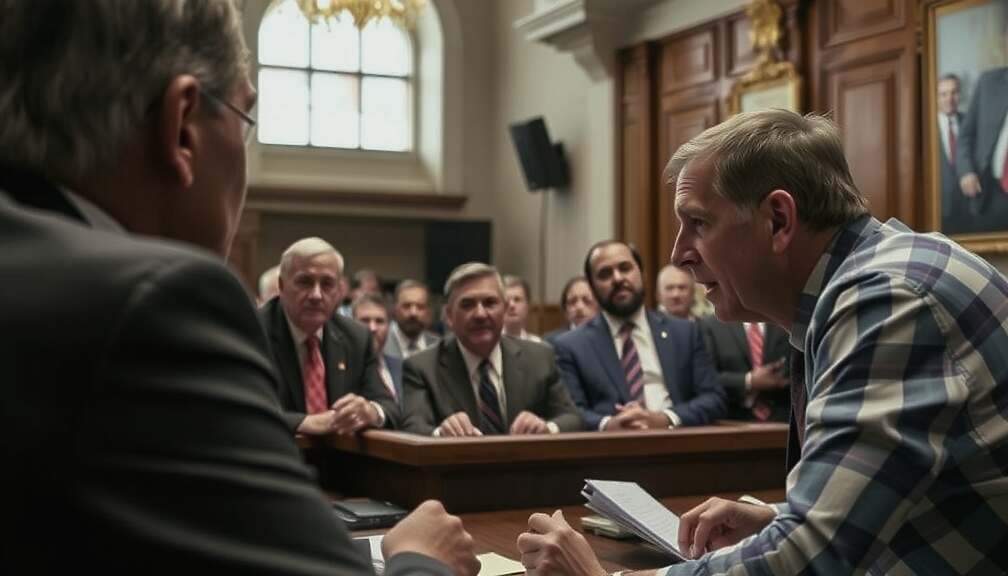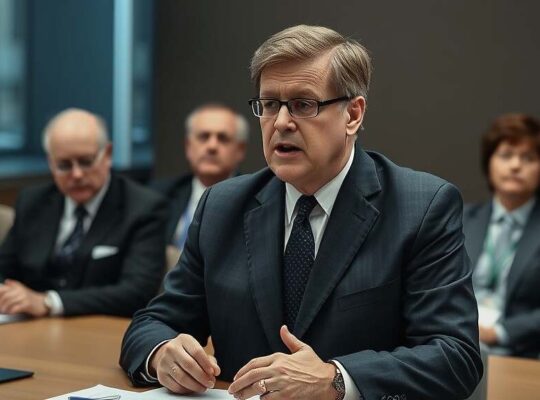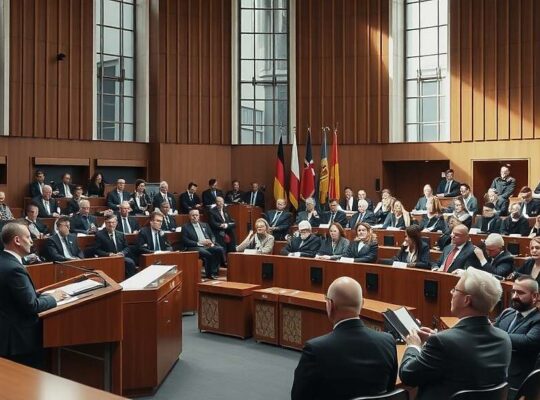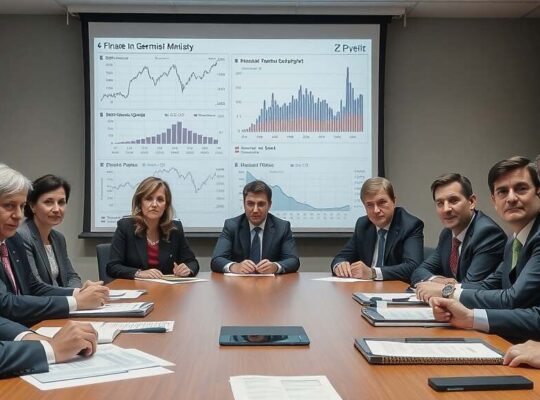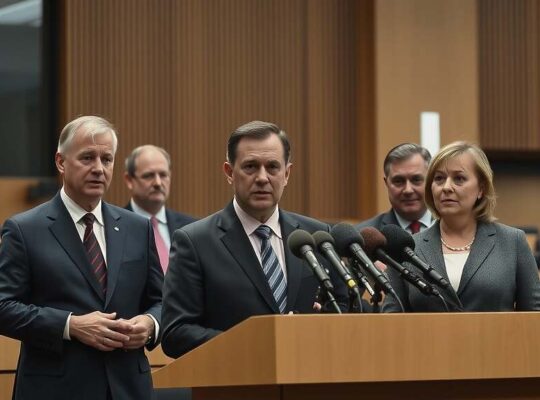The leader of Germany’s Left Party (Die Linke), Jan van Aken, has ignited a political firestorm with a forceful demand for a cap on overdraft interest rates, accusing banks of exploiting customers through exorbitant fees. His remarks, delivered to the “Tagesspiegel” newspaper, directly challenge the current banking system and call for government intervention to protect vulnerable citizens.
Van Aken’s criticism centers on the significant disparity between what banks are charging customers for overdrafts – averaging 11.3% interest, with some reaching as high as 19.75% according to data from comparison portal Verivox – and the rates at which they are borrowing money from the European Central Bank (ECB). He frames this as a legalized form of robbery, stating, “Every bank robber must go to jail, but the robbers in the executive suites of banks are allowed to legally rob us.
The Left Party leader proposes a concrete solution: a ceiling on overdraft interest rates set at a maximum of five percent above the ECB’s key interest rate. This proposal aims to directly curtail the profits banks derive from short-term credit, especially impacting those who frequently rely on overdraft facilities.
Further emphasizing the need for systemic change, Van Aken advocated for what he termed a “debt shield” – measures designed to prevent individuals from spiraling further into debt traps and recurring overdraft cycles. While the government has previously addressed issues of consumer protection, the severity of Van Aken’s accusations, combined with the tangible policy suggestions, place pressure on Chancellor Scholz and his coalition government to consider more stringent regulatory action.
The debate is likely to escalate, potentially influencing upcoming discussions regarding financial policy and consumer rights. Critics of Van Aken’s suggestion argue that caps on interest rates could stifle competition and reduce the availability of short-term credit, but his sharp critique has successfully brought the issue of banking practices and their impact on individuals into the political spotlight. The issue highlights a growing societal disconnect between the perceived ethics of the financial sector and the pressures faced by average citizens navigating economic hardship.


